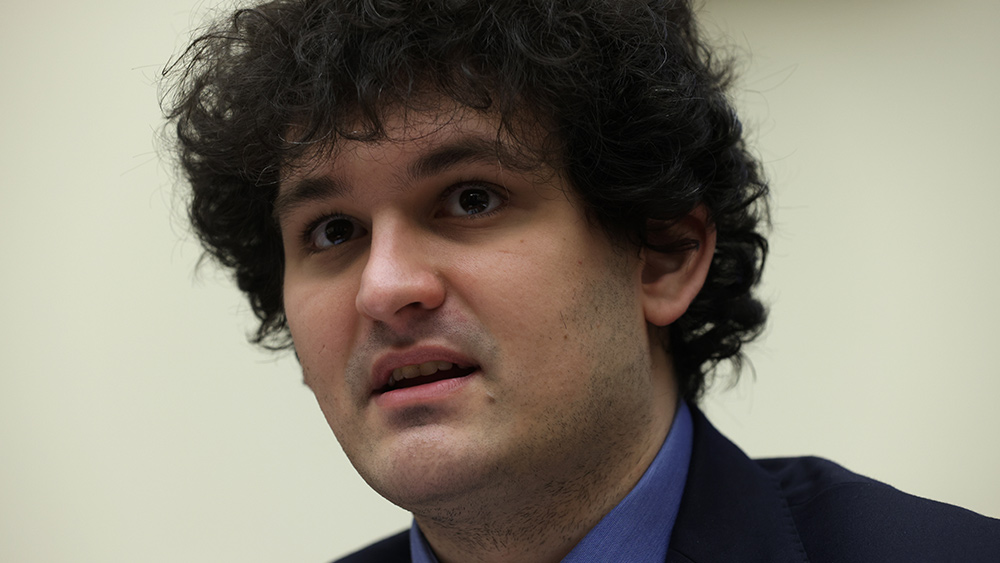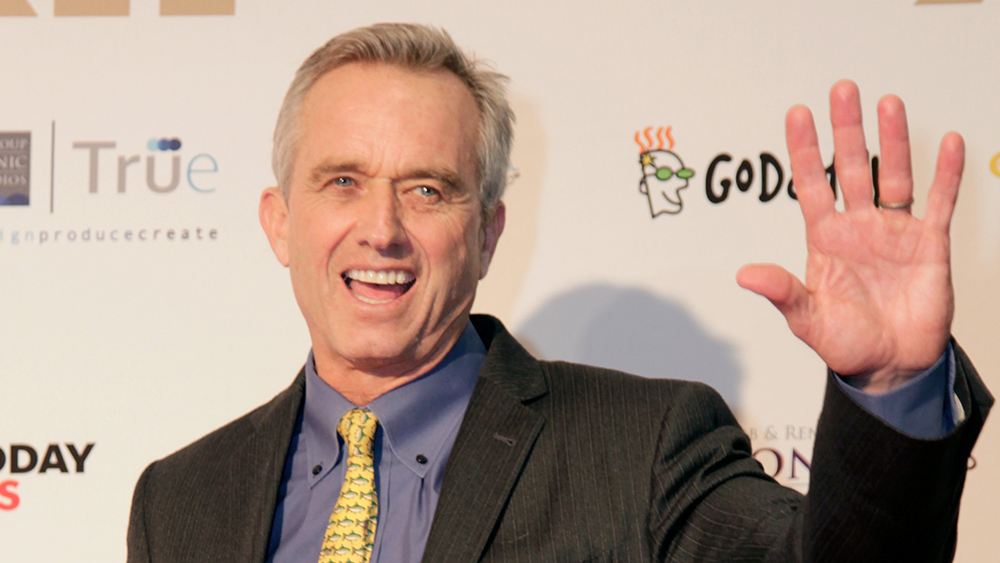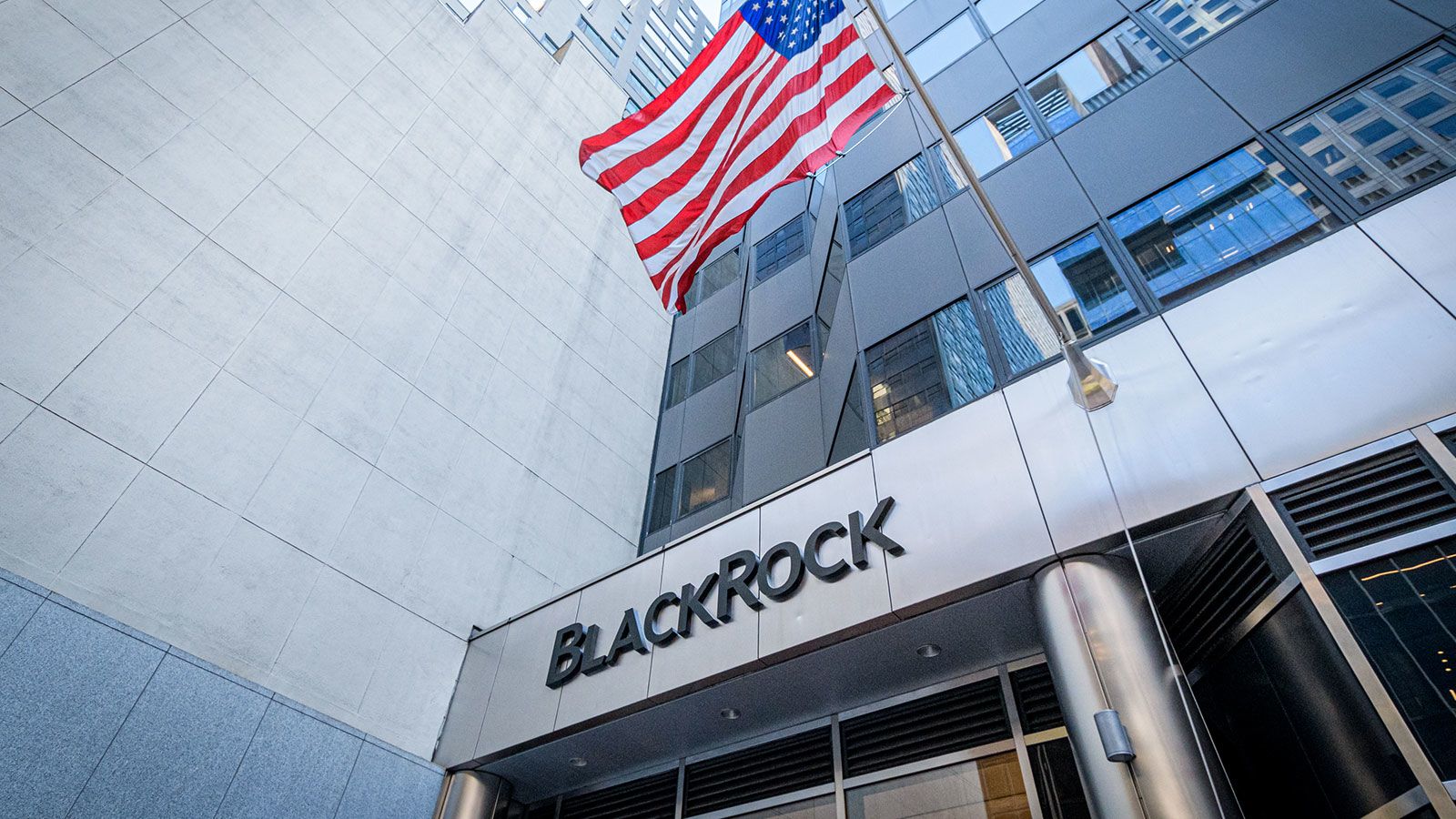
The Securities and Exchange Commission (S.E.C.) has reportedly reached a settlement with legendary boxer Floyd "Money" Mayweather Jr. and music producer D.J. Khaled for failing to publicly disclose that they had accepted cash payments in exchange for promoting several questionable initial coin offerings (ICOs) on their social media accounts.
As we earlier reported, the duo found themselves in hot water back in the spring after it was revealed that investors had forked over $32 million into several cryptocurrency schemes they had been promoting that eventually turned out to be scams.
When the SEC later intervened, the regulatory body pressed charges against the entities behind the cryptos that Mayweather and Khaled had been promoting to their unsuspecting followers and fans. These entities were said to have masterminded the scam, which involved selling unregistered investments via digital tokens.
It has since been revealed through an SEC press release that Mayweather has agreed to pay a $300,000 penalty, as well as return the $300,000 he made pitching the crypto, as punishment for failing to disclose a $50,000 payment he had received from Centra Tech Inc., the company behind the racket. Khaled similarly agreed to forfeit $100,000 from his financial stash, as well as give back the $50,000 he similarly received from Centra.
Further, Mayweather has reportedly agreed not to promote any more crypto products online for at least three years, and is also continuing to cooperate with investigators as they try to get to the bottom of what took place. Khaled has similarly agreed not to promote cryptos on his social media accounts, but only for the next two years.
"We allege that Centra sold investors on the promise of new digital technologies by using a sophisticated marketing campaign to spin a web of lies about their supposed partnerships with legitimate businesses," an SEC spokeswoman said in a statement about Centra, the two founders of which were arrested by federal authorities back in April.
"As the complaint alleges, these and other claims were simply false."
For more cryptocurrency news, be sure to check out BitRaped.com.
SEC warns against crypto schemes marketed online – especially by vapid celebrities
Along with the press release came a warning from the SEC that the public needs to "skeptical of investment advice posted to social media platforms." This is especially true when those hawking such investments include Hollywood celebrities like Paris Hilton and Jamie Foxx, whose expertise in digital coins is about as trustworthy as their political advice.
"Social media influencers are often paid promoters, not investment professionals, and the securities they're touting, regardless," stated SEC Enforcement Division Co-Director Steven Peikin.
"These cases highlight the importance of full disclosure to investors. With no disclosure about the payments, Mayweather and Khaled's ICO promotions may have appeared to be unbiased, rather than paid endorsements."
Earlier in the year, John McAfee of anti-virus fame received a similar warning from the SEC to stop promoting crypto investments online, which resulted in him immediately terminating all sales pitches for ICOs on social media. Bitcoin, the original crypto, has also plummeted to its lowest level in over a year, with a current value hovering around $3,900 per coin as of this writing.
At least two other companies, AirFox and Paragon Coin, have also been targeted by the SEC as of late for violating the law with the sale of their respective ICOs. As reported by Lexology.com, AirFox pulled in some $15 million through questionable means, while Paragon Coin pulled in about $12 million. Both companies have reportedly agreed to pay civil penalties of $250,000 for crypto fraud.
For more news on crypto scams and other corruption, visit Corruption.news.
Sources for this article include:
Please contact us for more information.




















